The duel is a time-honored way to, well, defend your honor. This method of resolving intense personal disputes has long been viewed as a venue to help ensure that society as a whole stays civilized.
It’s a form that has set rules and processes that both parties involved clearly understand from the outset, and once the duel is over, the matter that triggered it is said to be over, and is put aside.
The idea of dueling has been quite romanticized over the centuries, but it can be brutal, and sometimes it can even be ridiculous. Let’s take a look at five of the more unusual duels from history.
The Great Sausage Duel
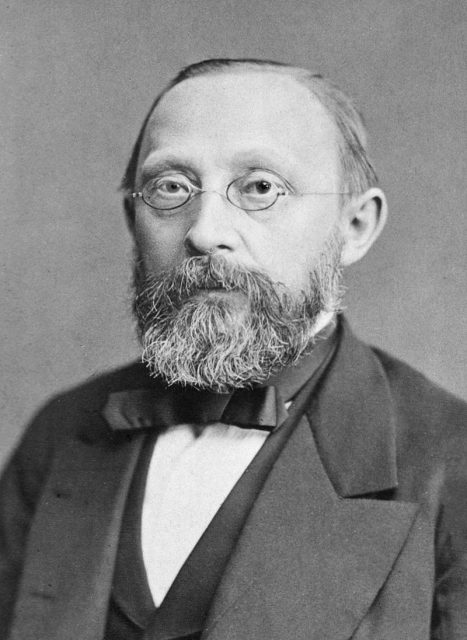
This event was triggered by a conflict between the scientist Rudolf Virchow and Otto von Bismarck, the Prussian Chancellor.
It was 1865, and Virchow had observed that there were a lot of people who were dying after eating sausage, because the conditions in the sausage factories were very unhygienic and parasites were rampant, according to Personality Cafe. Virchow isolated Trichinella as a major cause of infection — a type of parasitic worm that causes a painful and often fatal disease called trichinosis.
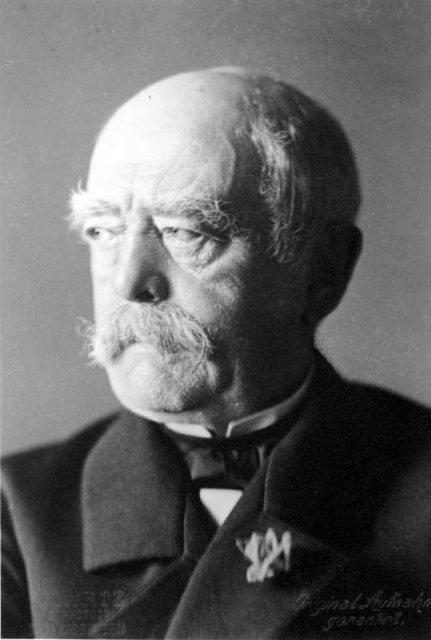
Virchow was putting pressure on the government to intercede, and wanted them to enforce rules which would ensure that the factories would literally clean up their operations, for the sake of public safety.
Such initiatives could get costly, however, and von Bismarck wanted to funnel money into defense, instead.
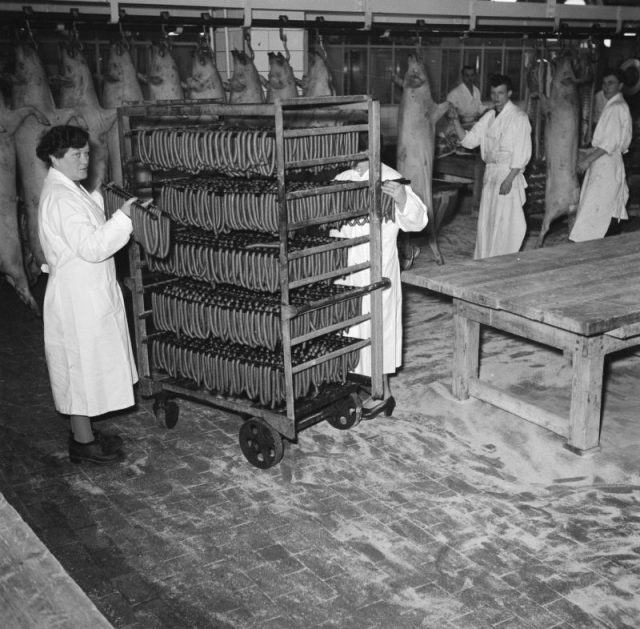
Bismarck eventually got so annoyed with Virchow that he challenged him to a duel. As the person who had been challenged, Virchow had the right to determine what weapons would be used.
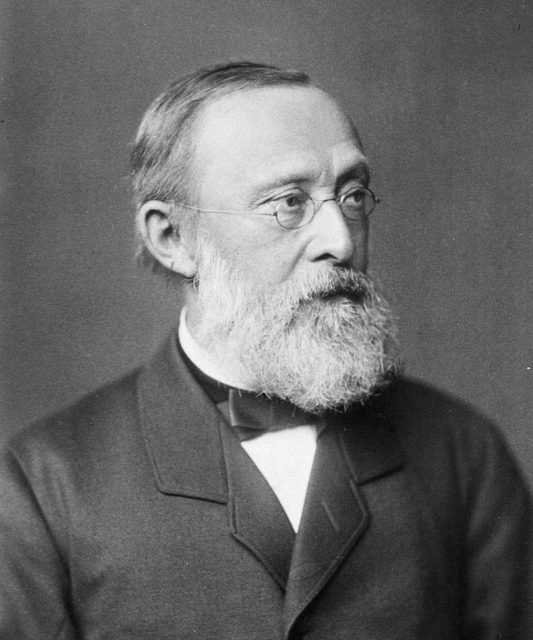
He proposed that they each consume a pork sausage, with the knowledge that one of them was infected with Trichinella. The person who ate the clean sausage would be fine, but the person who ate the infected sausage would become very ill, and possibly even die a slow and miserable death. At that point, Bismarck retracted his challenge.
Abraham Lincoln’s Duel that Almost Was
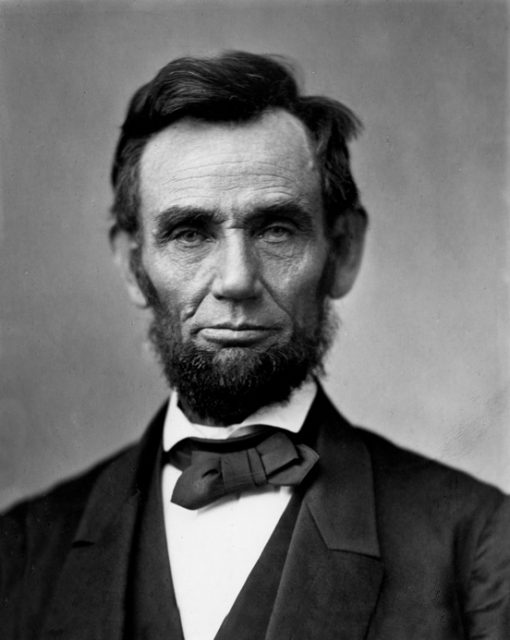
In 1842, Abraham Lincoln found himself in a conflict with James Shields over issues with the banks in Illinois. The Illinois State Bank had gone bankrupt and wanted to refuse to let private citizens pay debts using the bank’s own paper money, dealing only in precious metals instead. Shields, who was the State Auditor, agreed with the Democratic Party that the bank should be closed, an idea which Lincoln sharply disagreed with.
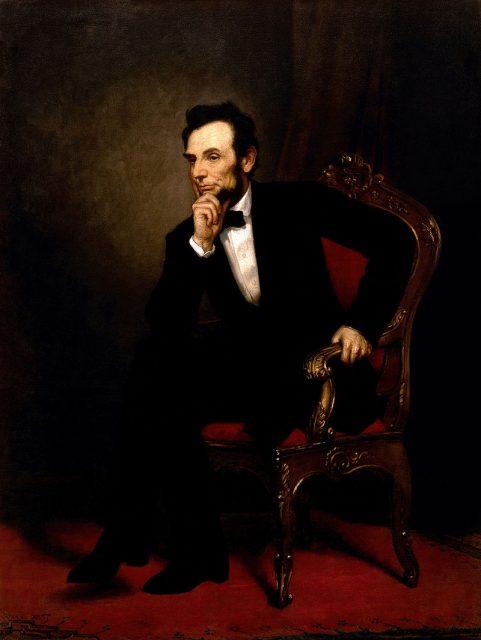
Lincoln wrote an editorial bashing both the idea and Shields, using a pseudonym. Shields was incensed, and forced the paper who printed the article to reveal who the writer was.
When he found out it was Lincoln, he challenged him to a duel to the death, according to the American Battlefield Trust. Lincoln agreed, and chose cavalry broadswords “of the largest size” as the weapons. He said he neither wanted to kill Shields, or to be killed, and he hoped that, with the enormous swords, he could use his greater reach to disarm his opponent, sparing the need for anyone to give their life.
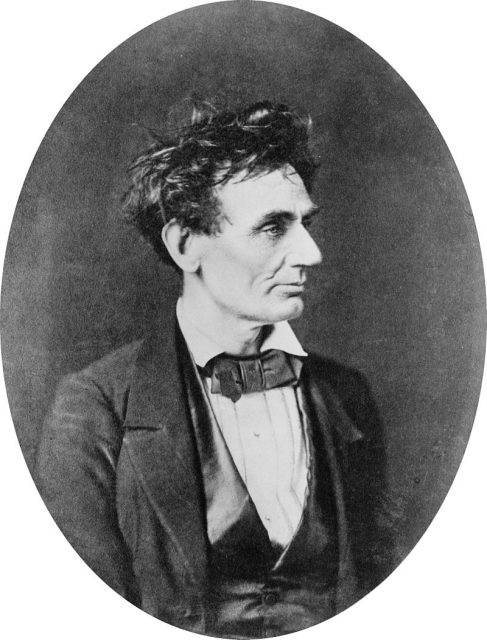
On September 22nd, the two combatants met at Bloody Island, Missouri, where dueling was still legal, and faced each other on either side of a plank that neither of them could cross during the fight. Lincoln reportedly swung his sword into a tree branch high over Shields’ head, and cut it through. This showed Shields just how long Lincoln’s reach was compared to his own and, recognizing the lethal advantage Lincoln had, Shields ultimately called a truce.
Marcel Proust Dueled a Critic
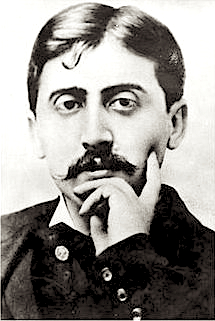
On February 5, 1897, author Marcel Proust challenged the literary critic Jean Lorrain to a duel. Lorrain, who was homosexual himself, had alluded to Proust having had a sexual affair with a man of means and also with Proust’s publisher. Lorrain implied that Proust wouldn’t have been published if not for the affair.
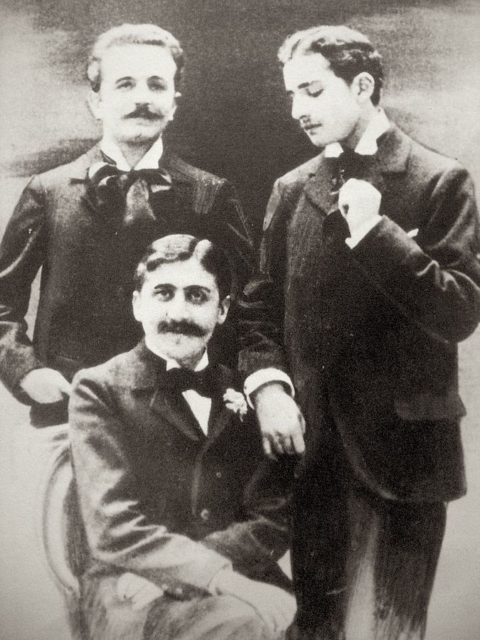
When the duelists met, they both fired their weapons, but both shots missed. Everyone’s honor being restored, the men quit the field.
Dueling in a Cab
Cracked details the events of a duel which occurred in France, during the Restoration. This particular episode is said to have occurred between one of Napoleon’s generals, named Barbier-Dufai, and a Royal Guard called Raoul.
The general insulted the guard’s cockade (a badge on his hat, showing his loyalties), and the situation rapidly escalated. The men began to duel in the street, but the general disarmed the guard four times. The general, feeling that things should be more evenly matched, began looking for a way to level the playing field.
The men decided to get into a carriage with their left arms tied together, and have at each other with daggers, until one of them was dead. The cab made a couple of loops of the area, until it was clear the fight was over. General Barbier-Dufai was the victor.
Ben Jonson’s Clerical Defense
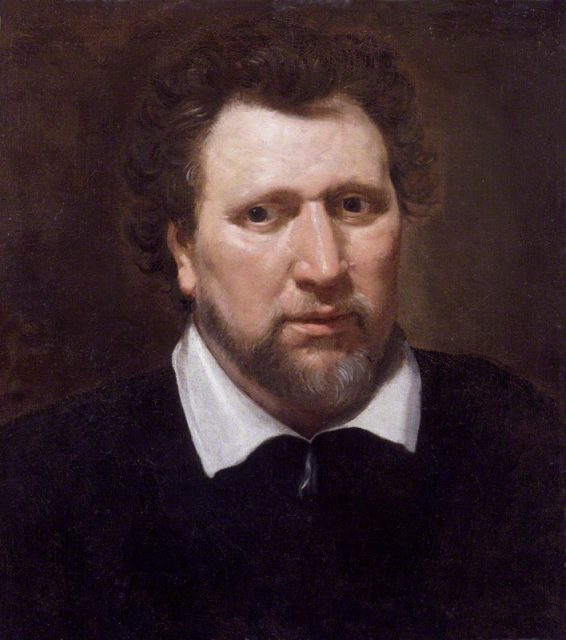
Ben Jonson was an actor and playwright, who was a contemporary of Shakespeare. He had a bit of a criminal past, however, and had brushed up against the law a time or two. In 1598, he became involved in a duel with another actor, and that actor died as a result of it.
Jonson was arrested and nearly hung for manslaughter. The unusual thing about his case isn’t the outcome of the duel itself, but instead with what happened after his arrest. Jonson’s father was a clergyman, who had ensured that his son could read and write. When Jonson went to trial, he demonstrated his ability to read and write in Latin to the court, which was an extremely unusual skill.
Read another story from us: The Only President to Fatally Win a Duel
This allowed him to invoke the “benefit of clergy,” which meant he would be sentenced by an ecclesiastical court which would give him a more lenient sentence. He ended up spending a little while in prison, instead of going to the gallows.
